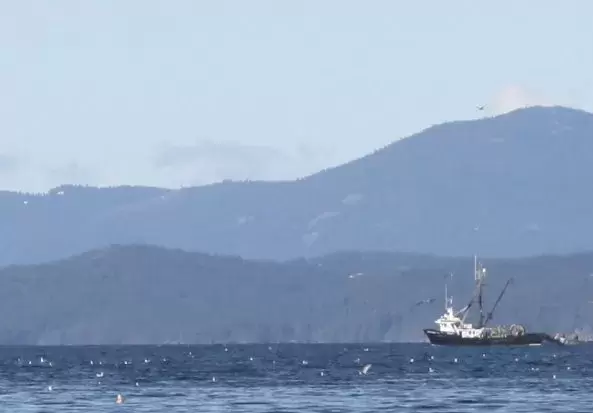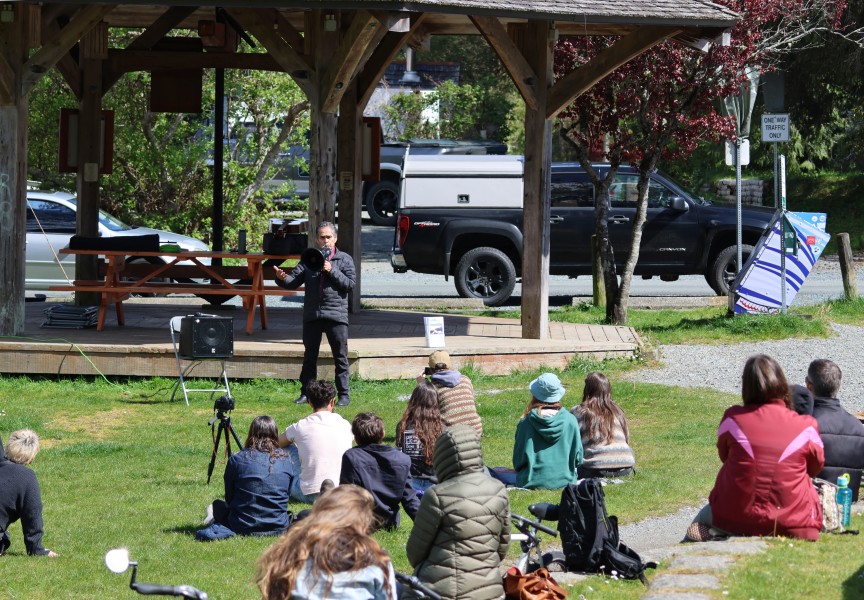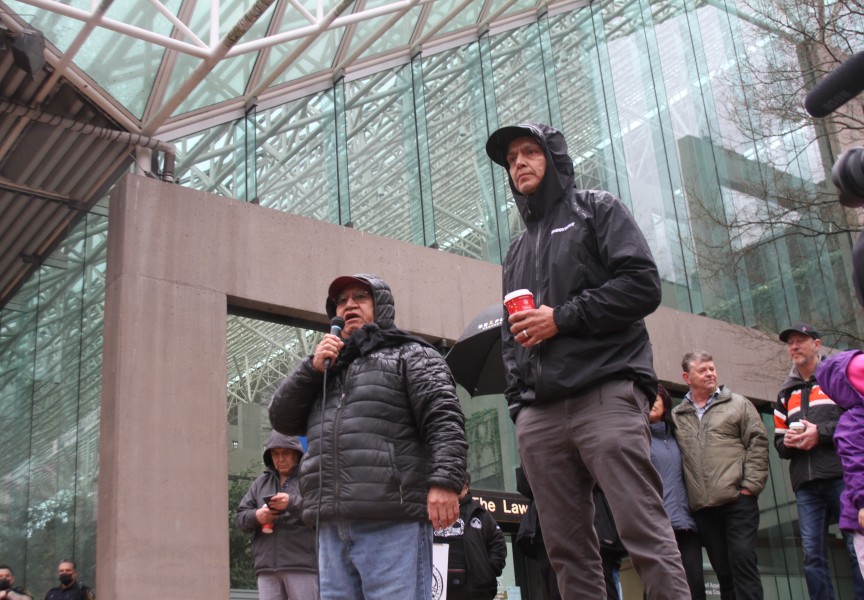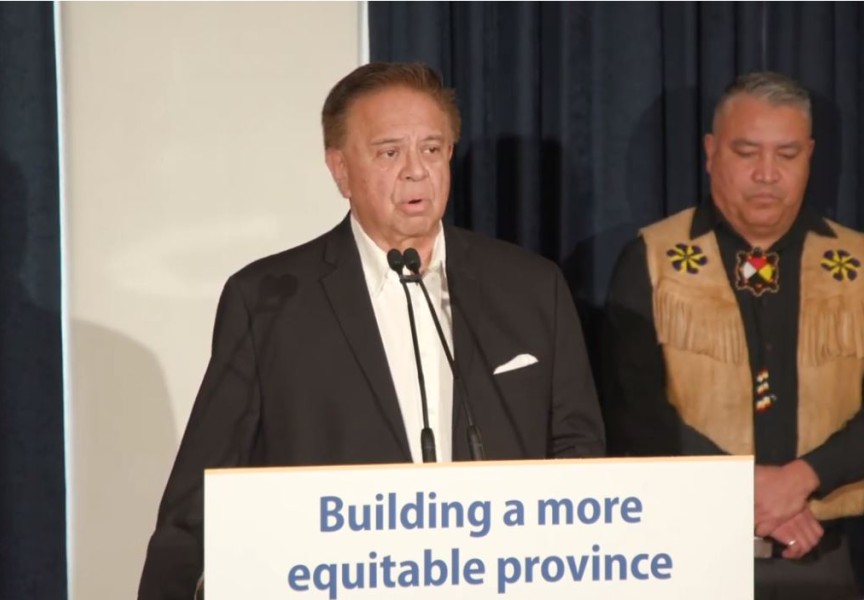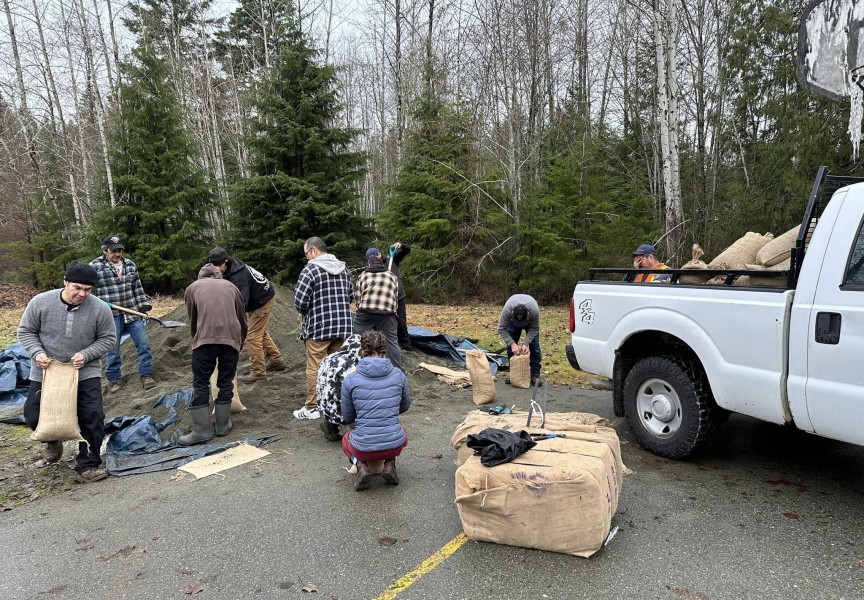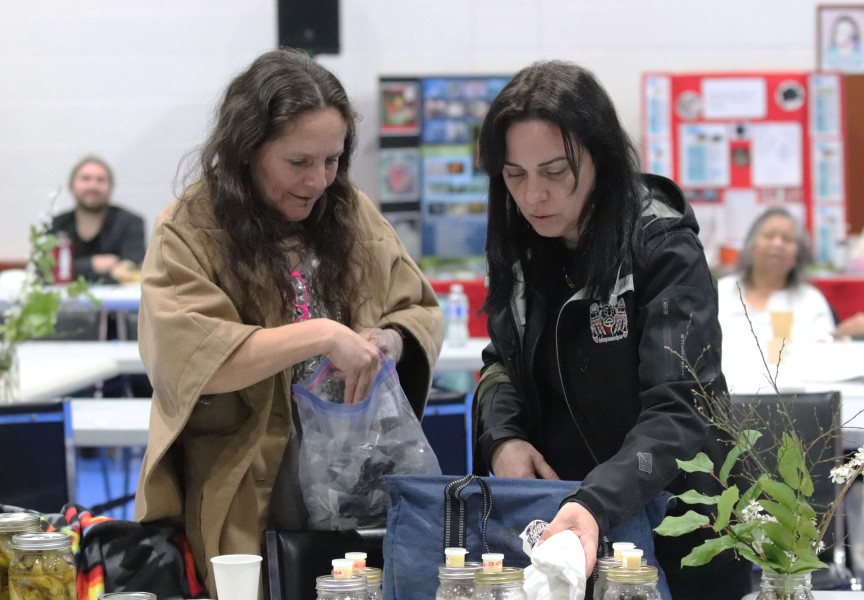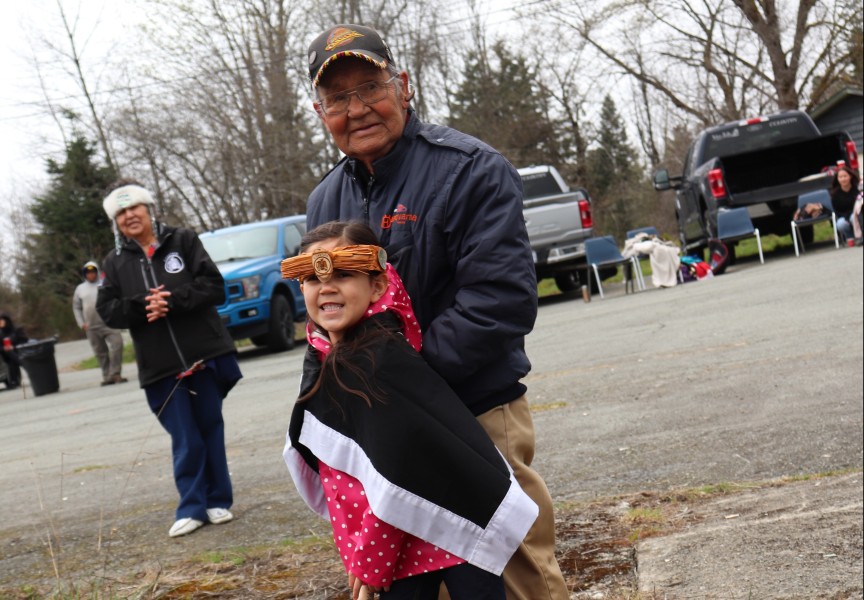Press Statement
A Federal Court last Friday denied the request of Nuu-chah-nulth Nations on the west coast of Vancouver Island for an injunction that would have prevented the Minister of Fisheries from opening commercial roe herring fisheries on the West Coast of Vancouver Island. An injunction was granted by the same Court in 2014. Lawyers for five Nuu-chah-nulth Nations argued unsuccessfully before a different judge that, given similar circumstances in 2015, an injunction should be granted.
“Nuu-chah-nulth harvesters set trees up and down the west coast of Vancouver Island last year to try to find enough herring to meet our food and ceremonial needs,” said Debra Foxcroft, O.B.C., President of the Nuu-chah-nulth Tribal Council. “Their trees came up empty or with not enough egg layers to harvest. Nuu-chah-nulth Chiefs heard this information, reviewed the assessment information from DFO, and decided last fall that there was not enough herring on the west coast for commercial herring fisheries in 2015.”
For thousands of years, Nuu-chah-nulth harvesters have submerged trees in active herring spawns or areas where herring spawn year after year. When herring are abundant, the female herring lay their eggs 8 –12 layers thick on the tree branches. The trees are raised after the herring spawn, the eggs peeled from the branches, and the delicacy savoured by Nuu-chah-nulth.
“I haven’t had a good harvest of herring eggs since 2004,” said Larry Johnson, an experienced harvester from Huu-ay-aht First Nation in Barkley Sound. The west coast of Vancouver Island has been closed to commercial roe herring fisheries since 2005. Mr. Johnson gave evidence in the Federal Court proceeding, along with other Nuu-chah-nulth harvesters, but the judge did not mention their evidence in ruling against the injunction application. Nor did the judgment address the fact that Nuu-chah-nulth have been deprived of their priority food and ceremonial harvests for many years.
“So far the herring returns to WCVI this year are looking very weak,” said Dr. Don Hall, NTC Fisheries Program Manager. “Observations from Nuu-chah-nulth harvesters and the DFO test seine boat are showing low herring abundance in Barkley Sound, Clayoquot Sound, and Nootka/Esperanza. With the warm spring and good weather we are experiencing, herring have already started spawning in small areas and with few egg layers. We are hoping for more herring to come, but right now it looks like another low year.”
According to a recent article in National Geographic focusing on B.C. herring, this isn’t only an issue for First Nations on Vancouver Island’s west coast. Washington State’s largest herring population has declined 90 per cent since 1973, while in 2011 researchers found a decline in seabirds in both the Atlantic and the Pacific Oceans, including the seas around Antarctica—whenever forage fish numbers dropped. Given that herring are a key species in the food chain and that many species rely on them for survival, the lack of WCVI herring has many Nuu-chah-nulth and west coast residents worried by the Federal Court decision.
“Our harvesters are setting trees again this year with the hope of a good return of herring,” said Debra Foxcroft. “But right now it is looking like another year of going without one of our favorite foods. We again request that commercial fishermen respect the recommendations of Nuu-chah-nulth Chiefs and stay away from the west coast until WCVI herring stocks rebuild.”

